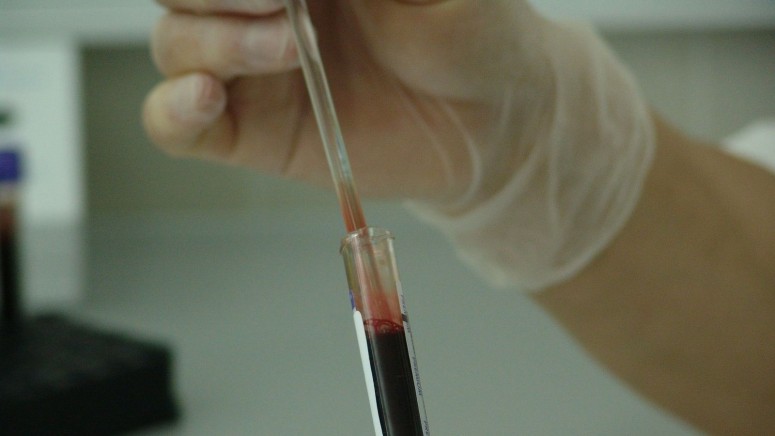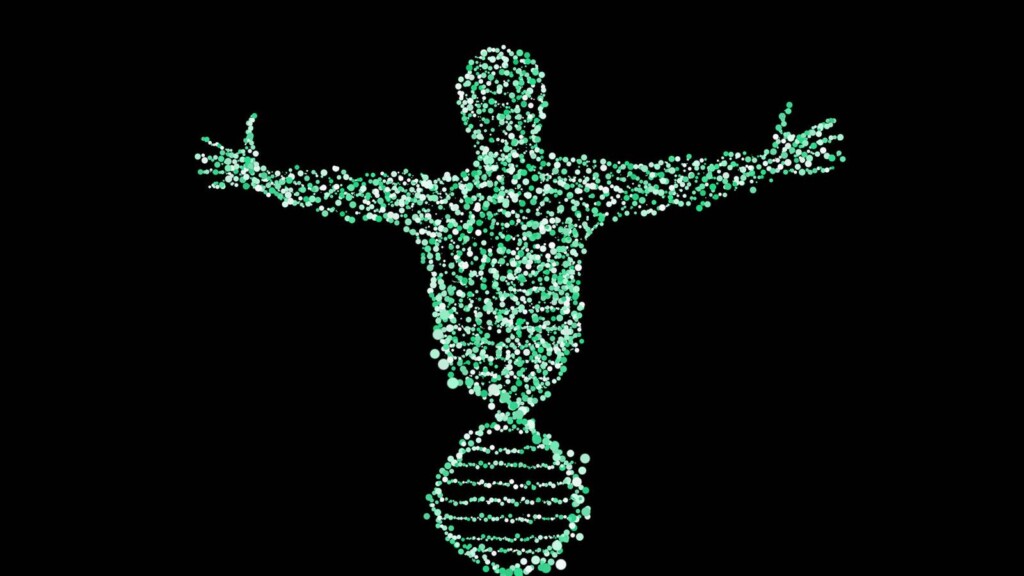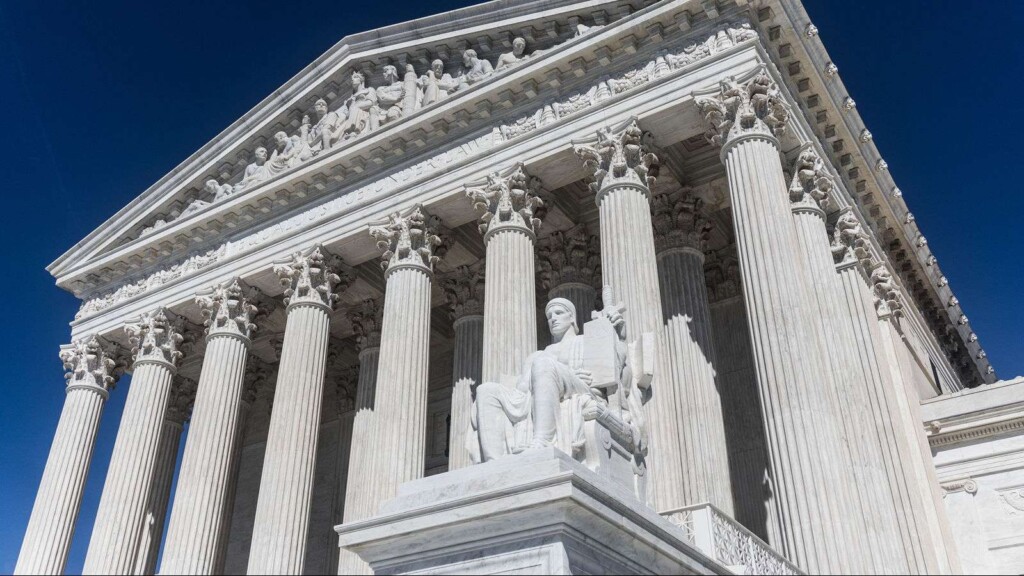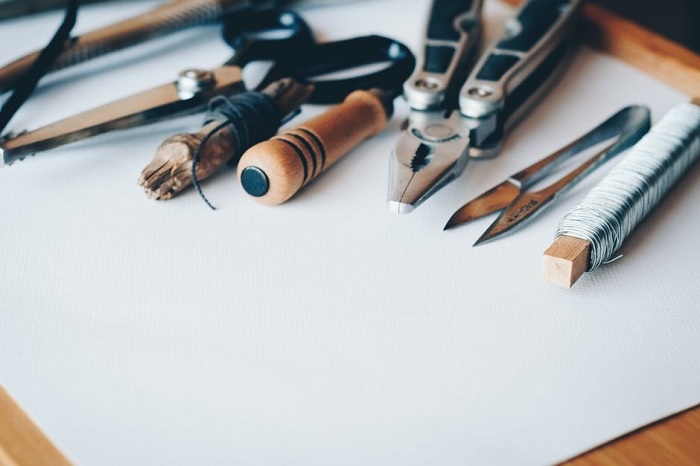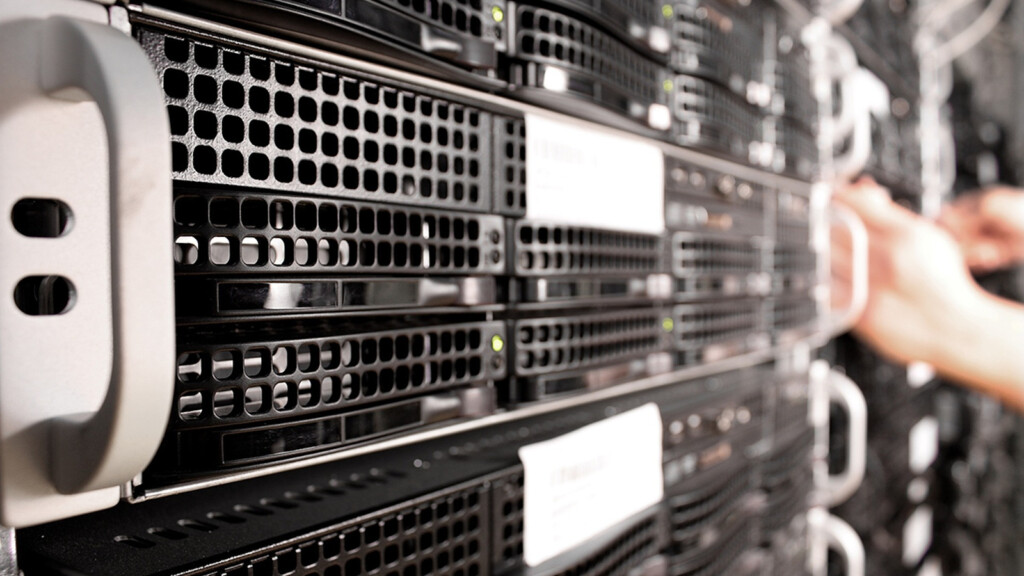
How DNA Technology Will Hurt Your Privacy
Unless you have a twin (or a clone) your DNA is 100% unique to you. In fact, in some sense it is you. The detailed plans created by nature that describe how to make a human. Specifically, how to make the individual human that you are. DNA is a recent discovery, but DNA technology has shown us just how important this key ingredient to life is. However, it comes with a whole host of potential privacy issues!
When we talk about "DNA technology", it's in reference to the entire scope of technologies that help us analyze, modify and understand the source code of life. One thing that has to be clear is that these technologies are not going away. DNA technology has too much promise and power for that to happen. Which means that the best way to go about things is to be aware of the specific privacy weaknesses DNA technologies introduce into our lives. Then it's up to citizens and the lawmakers that account for them.
The Promise of DNA Technologies
Why do we care about DNA so much? For one thing, there are many pretty awful diseases that are genetic in origin. If we understand our genes, it becomes possible to predict if and how such diseases will crop up. It's even becoming possible to use gene therapy to fix faulty genes. Recently a young man with a genetic disorder underwent a groundbreaking procedure where an engineered virus fixed faulty genes in his eyes.
Our DNA is the key to human life and a world where we have mastered DNA technology is an exciting one. No disease, new augmented abilities, higher intelligence, longer lives and just about anything else you can imagine form part of the Utopian vision that DNA technology promises. However, for every dream driven by DNA tech, there's an equally nasty nightmare. I'm not going to delve into the ethics of genetic engineering here, although that's a big one, instead, I'm referring to DNA technology as a form of privacy invasion.
Why Companies Want Your DNA
Why do private companies want a copy of your DNA? The answer relates to why that information might be valuable in the future. Medical research is a big one, with everyone racing to crack the code on various diseases and therapies that use DNA technology. DNA information might be harvested from you today, only to pay off for the many years into the future. Your DNA in digital form, aggregated with millions of other people, can be a trillion-dollar treasure.
Other types of businesses, such as insurance companies, might want DNA data in order to reduce risk. There are already anti-discrimination laws on the books in some countries that would prohibit someone, for example, being denied life insurance based on DNA sequencing.
While the reasons private companies may want your DNA can be noble, you have to take into account how many data breaches happen. It's one thing for your password to be hacked or even a bank account number, but your DNA sequence is you and changing it isn't an option. Yet.
The risk of having your digital gene sequence stolen might not seem terribly important today, but as our DNA becomes a major part of everyday life, you may regret putting it in the hands of companies that are still learning how to properly handle this sensitive information.
Why Governments Want Your DNA
It's easy to be cynical about why a government would like to have the DNA profiles of its citizens on file. There's already a push in some parts of the world for newborns and people who are taken into custody to have their DNA sampled and sequenced.
Obviously law enforcement agencies would love to have a comprehensive DNA database. They are already using public DNA databases to compare DNA found at crime scenes. If someone is on the wanted list of the government, they can compare any DNA evidence to public databases to find relatives of that person.
Newborn DNA sequencing by the state is ostensibly for medical reasons. To catch high-risk cases where serious disease might develop and gain an understanding of the genetic makeup of the population. On the other hand, if every person's DNA is captured at birth, it makes it trivial to track and identify them. Something that might run afoul of our current sensibilities when it comes to privacy rights.
Genetic Engineering and Privacy
Genetic engineering is a field that looks at altering genes. For example, genetically modified crops might take a gene from one species of animal and splice it into a plant, in order to give that plant a new ability. Such as resisting pesticides. Ethical standards have prevented this technology from being used in humans and some animals, but as we grow confident in its use it brings up interesting privacy implications.
For one thing, if we can change aspects of our DNA, how useful will it be as a form of identification? Alternatively, what if a government decides to insert information into our DNA at birth? It's already possible to store information in DNA. Theoretically (and I'm no geneticist) snippets of information could be tacked into the non-coding part of our DNA or anywhere it would make no difference to the organism. Both possibilities are a little disturbing, but such things may be possible in principle before we know it.
Another weird possibility is that a DNA printer could one day be used to create biological copies of your DNA from a digital file. Making it a doddle to plant your DNA anywhere. That might make the entire concept of DNA identification moot!
Rapid DNA Machines and Privacy
The cost of sequencing DNA has plummeted. What once cost millions, now costs thousands or even hundreds of dollars. There are rapid DNA machines that are cheap enough for small police stations. This means the cops can take DNA samples from crime scenes and people they arrest as a matter of course. On the one hand, this means that police can quickly get suspects connected to a scene. On the other hand, it opens up the massive potential for abuse. Especially since forensic DNA practices require a careful process to ensure justice. Police using it as their latest toy might not be the best thing, on balance.
Public DNA Databases
DNA Ancestry companies do their best not to deanonymize your DNA. While hackers who cause data breaches might not be phased, it's a good principle. However, you can choose to put your DNA on a public database with your name. I mentioned these databases earlier, but it's worth pointing out that putting your genetic data and your real name up on the web is unlikely to do anything but hurt your privacy. Especially if an insurance company (or anyone really) decides to look you up. Just as they have started doing with social media. The contemporary privacy bugbear.
A Balance of Powers
As I stated at the outset, there's no turning back the clock on DNA technology. This means we have to put in some serious effort in balancing out the promise and peril of these technologies. What sets this issue apart is how literally fundamental DNA is to our humanity. More precious than a fingerprint or a password. We owe it to ourselves to handle this information with care.
What other ways could DNA technology hurt privacy? Let us know down below in the comments. Lastly, we’d like to ask you to share this article online. And don’t forget that you can follow TechNadu on Facebook and Twitter. Thanks!

